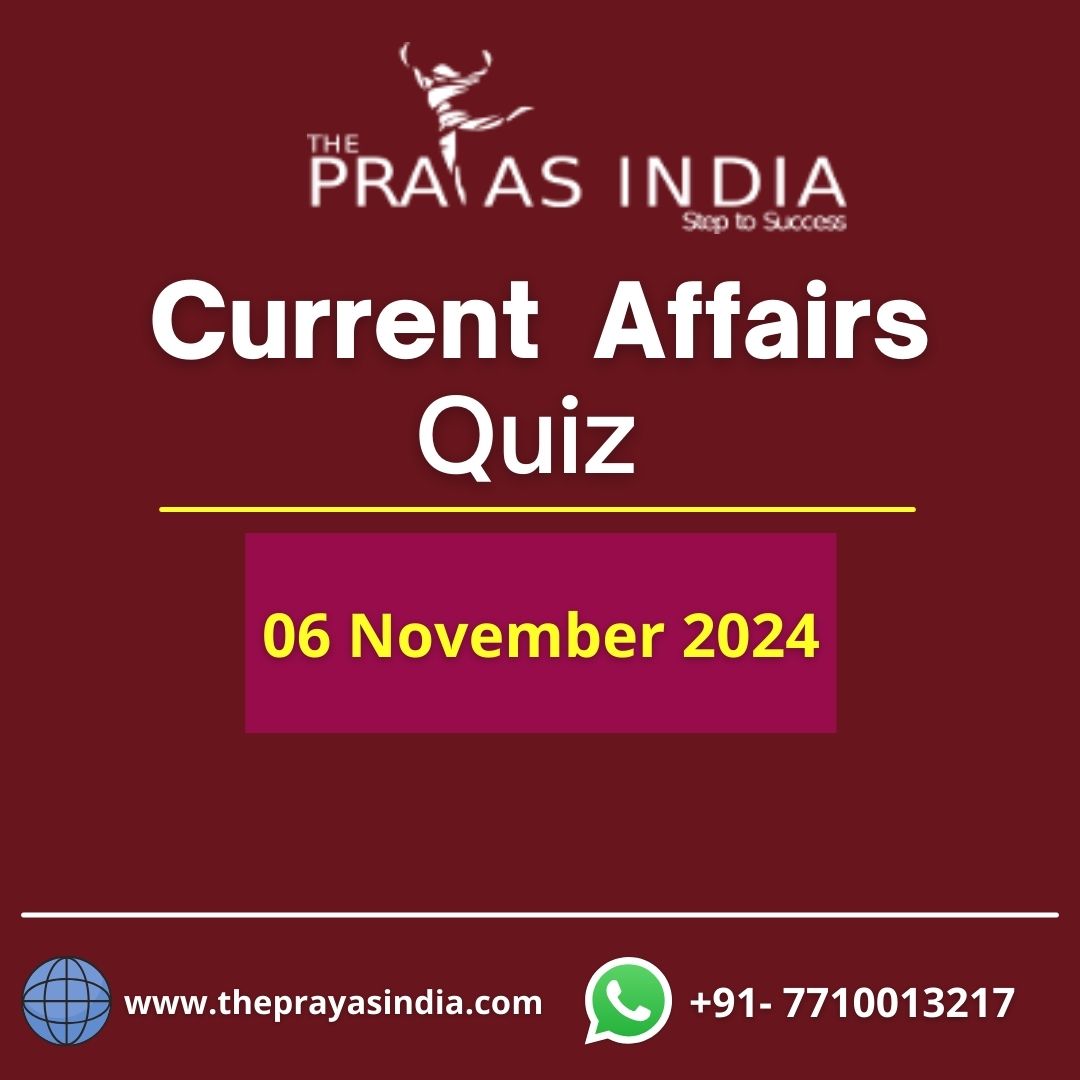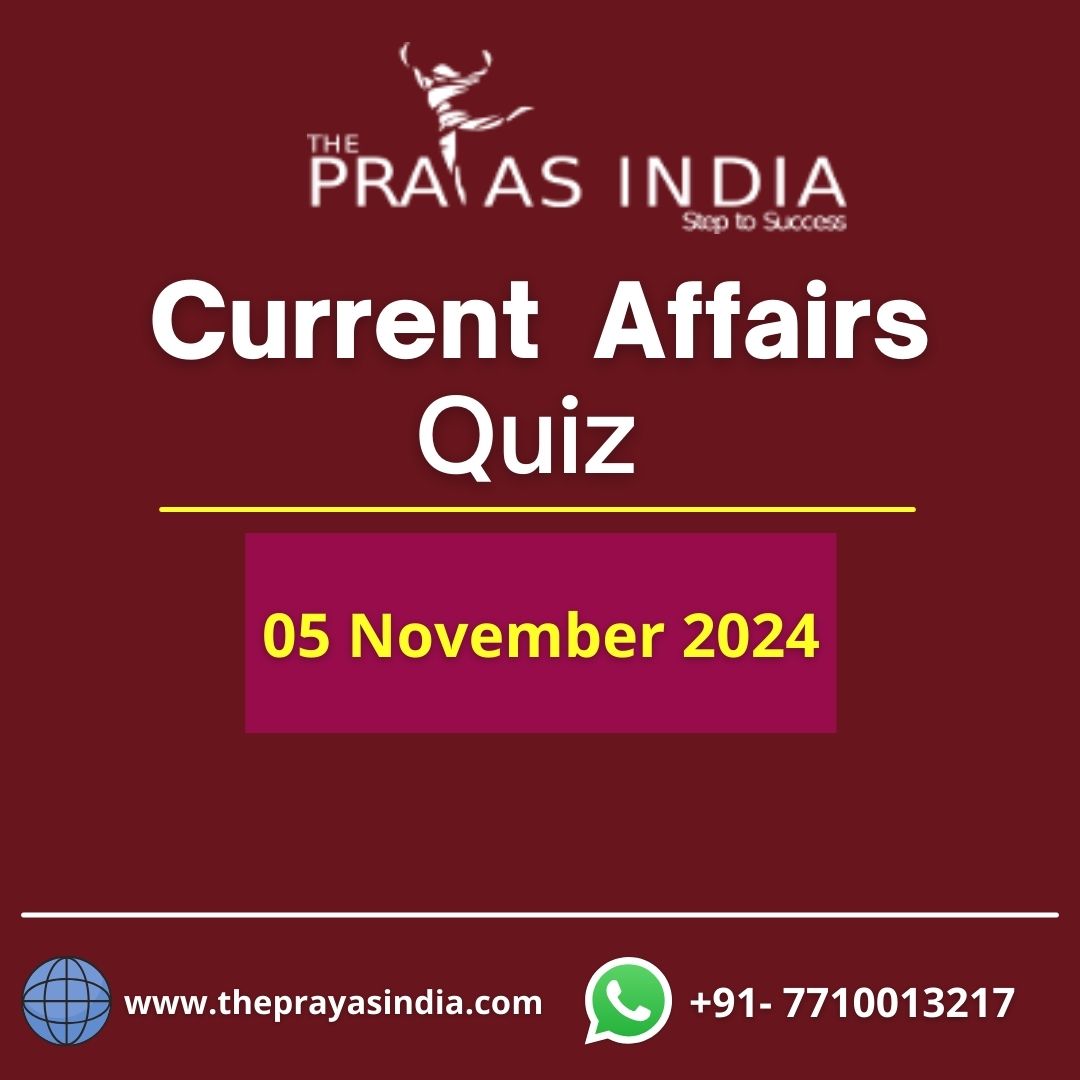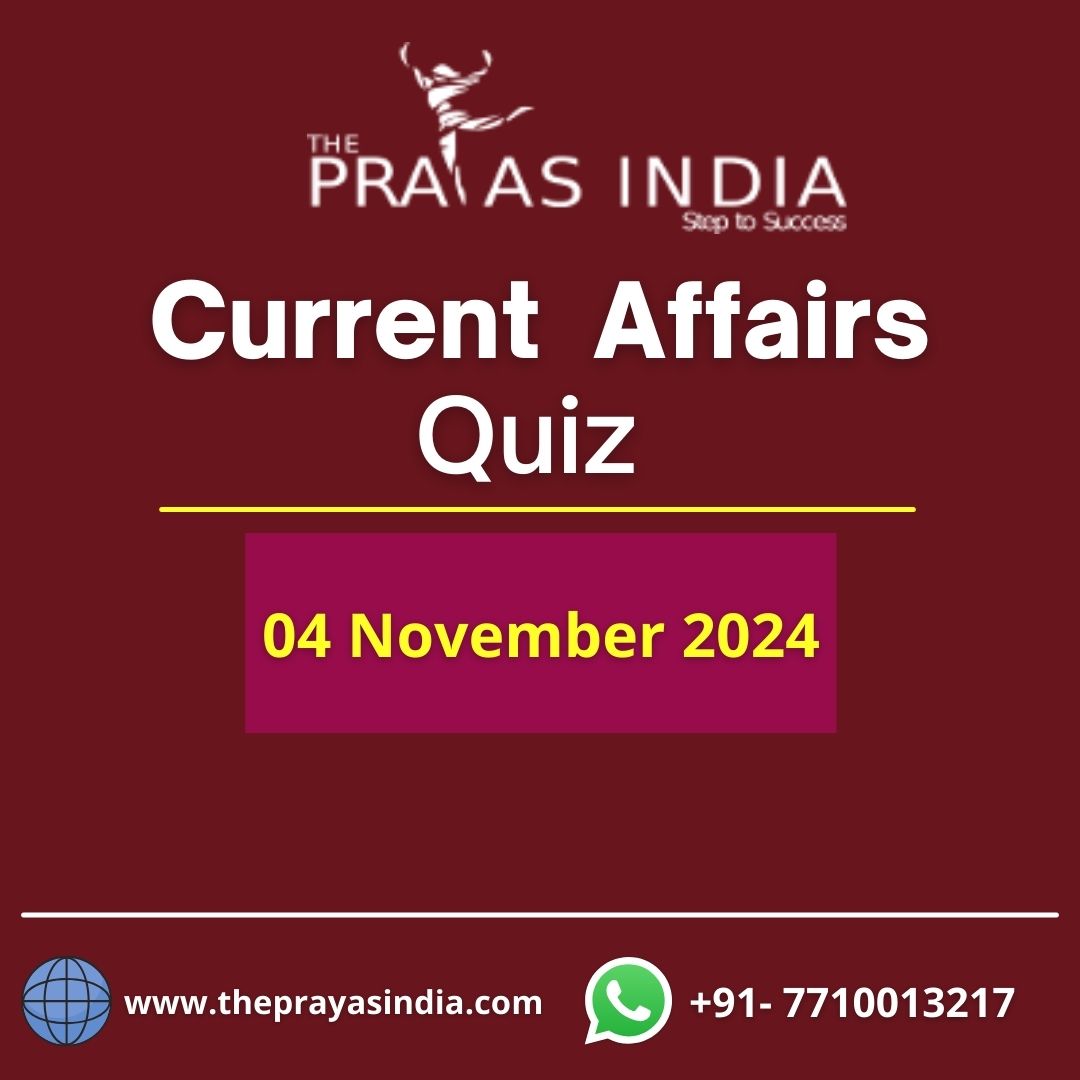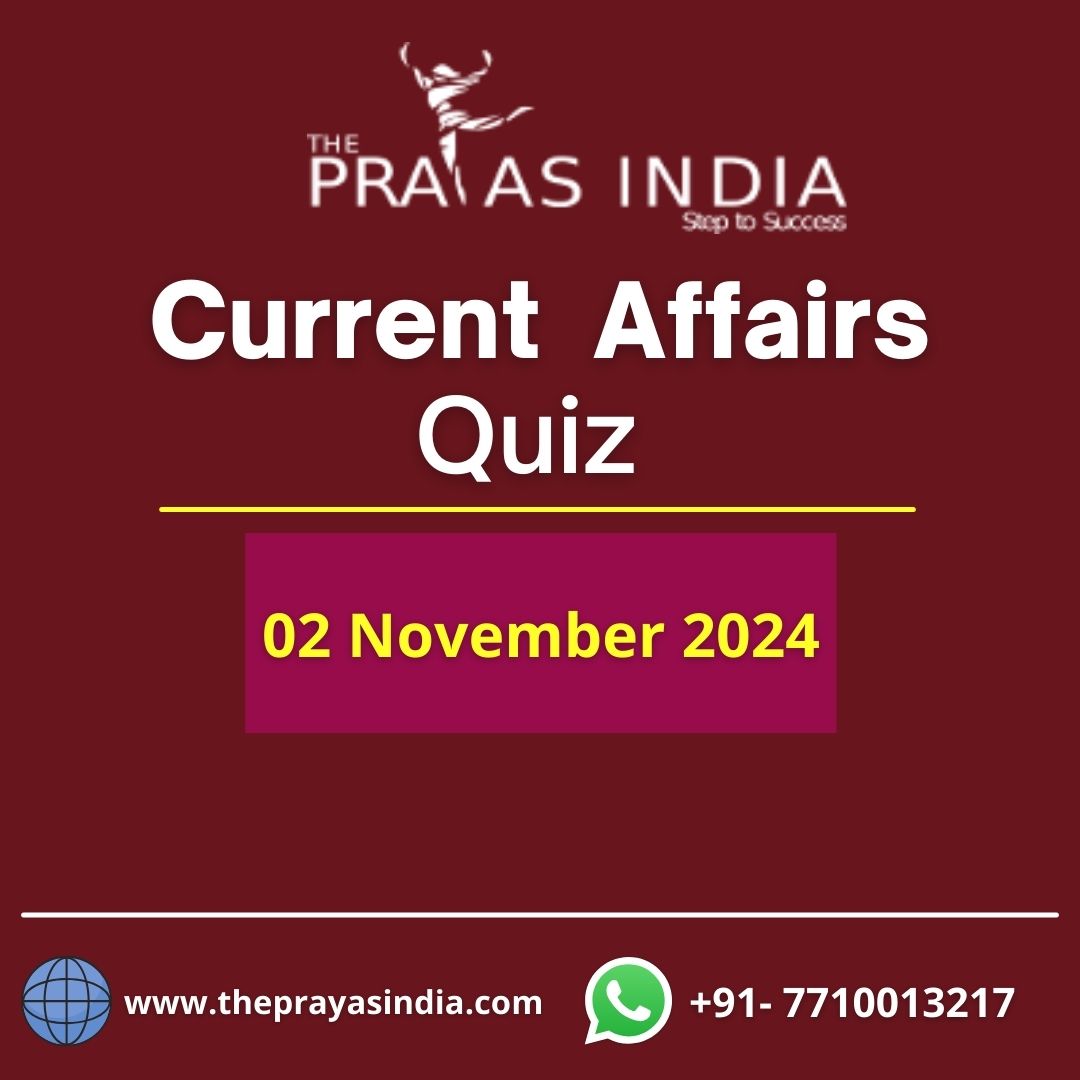Q1. With reference to ‘National Film Awards’ in India, consider the following statements:
- The National Film Awards were established in 1954.
- The awards were originally called “State Awards for Films”.
- The Awards are given in seven sections.
How many of the above statements is/are correct?
(a) Only one
(b) Only two
(c) All three
(d) None
Ans: (b)
Explanation:
- Context: The President of India presented the 69th National Film Awards in New Delhi.
- The National Film Awards were established in 1954 to encourage the production of films with high aesthetic and technical standards, and educational and cultural value.
- The awards were originally called “State Awards for Films”.
- Awards are given in three sections – Features, Non-Features and Best Writing on Cinema.
- Some of the awards include:
- Dadasaheb Phalke Award: The highest award, given to recognize the contributions of film personalities to the development of Indian cinema
- Silver Lotus Award: Given for the best feature film on national integration
- Best Popular Film Providing Wholesome Entertainment
Q2. With reference to Ethics committee of Lok Sabha, consider the following statements:
- It was established in Lok Sabha in 1997.
- It became a permanent part of the House in 2015.
- It examines complaints of unethical conduct by members of the Lok Sabha.
How many of the above statements is/are correct?
(a) Only one
(b) Only two
(c) All three
(d) None
Ans: (b)
Explanation:
- The Lok Sabha Ethics Committee examines complaints of unethical conduct by members of the Lok Sabha. The committee was established in 2000 by the late Speaker G M C Balayogi. It became a permanent part of the House in 2015. The committee was established in Rajya Sabha in 1997.
- The committee’s functions include:
- Examining complaints of unethical conduct by members of the Lok Sabha
- Making recommendations
- Formulating a code of conduct for members
- Suggesting amendments or additions to the code of conduct
Q3. ‘APAAR’ card was in news recently, is associated with the:
(a) ATM
(b) UPI
(c) Metro transport
(d) none of the above
Ans: (d)
Explanation:
- Context: The Union Education Ministry has introduced the concept of ‘One Nation, One Student ID,‘ referred to as APAAR ID, in alignment with the National Education Policy (NEP) 2020.
- The APAAR ID, which stands for ‘Automated Permanent Academic Account Registry,’ is a digital identification system for students in India.
Q4. What is/are the advantage/advantages of implementing the ‘National Agriculture Market’ scheme?
- It is a pan-India electronic trading portal for agricultural commodities.
- It provides the farmers access to nationwide markets, with prices commensurate with the quality of their produce.
Select the correct answer using the code given below :
(a) 1 only
(b) 2 only
(c) Both 1 and 2
(d) Neither 1 nor 2
Ans: (c)
Explanation:
- Statement 1: National Agriculture Market (NAM) is a pan-India electronic trading portal which networks the existing APMC mandis to create a unified national market for agricultural commodities.
- Statement 2: It removes information asymmetry between buyers and sellers and promotes real time price discovery, based on actual demand and supply, promotes transparency in auction process, and access to a nationwide market for the farmer, with prices commensurate with quality of his produce and online payment and availability of better quality produce and at more reasonable prices to the consumer.
Q5. Consider the following pairs:
- Radhakanta Deb — First President of the British Indian Association
- Gazulu Lakshminarasu Chetty —Founder of the Madras Mahajana Sabha
- Surendranath Banerjee — Founder of the Indian Association
Which of the above pairs is/are correctly matched?
(a) 1 only
(b) 1 and 3 only
(c) 2 and 3 only
(d) 1, 2 and 3
Ans: (b)
Explanation:
- Statement 1: The first committee of the association was composed of: Raja Radhakanta Deb – President, Raja Kalikrishna Deb – Vice-President, Debendranath Tagore – secretary, et al.
- Statement 2: In 1884, M. Veeraraghavachariar, G. Subramania Iyer and P. Anandacharlu established the Madras Mahajana Sabha.
- Statement 3: IA was the first avowed nationalist organization founded in British India by Surendranath Banerjee and Ananda Mohan Bose in 1876.




